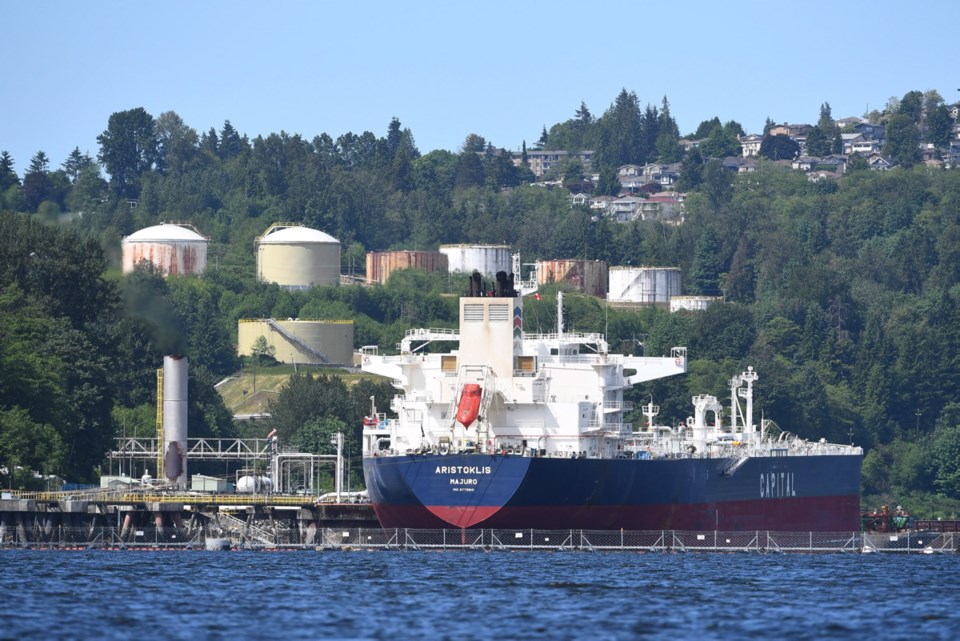In one respect, the Supreme Court of Canada’s recent decision on the Trans Mountain pipeline expansion should come as no surprise. The court ruled unanimously that the B.C. government, which opposed the project on environmental grounds, had no standing to do so.
That decision confirmed an earlier finding by the B.C. Court of Appeal, which also ruled against the province, on the basis that interprovincial trade is solely a federal jurisdiction.
This was obviously the correct outcome. Section 121 of the Constitution Act reads as follows: “All articles of the growth, produce or manufacture of any one of the provinces shall, from and after the union, be admitted free into each of the other provinces.”
In passing, it would be interesting to know how much taxpayers’ money the B.C. government wasted on lawyers’ fees, tilting at this windmill.
However, as is often the case with our court system, things aren’t always quite what they seem.
In 2018, the top court took the opposite direction. The case involved a New Brunswick man who brought a carload of beer back from Quebec, where prices are lower.
He was promptly fined $240 plus fees for breaching a New Brunswick law which prohibited transporting liquor from another province.
He sued and won (temporarily). The charges against him were dismissed, both in New Brunswick’s lower court, and its court of appeal. The rationale was that the province had no business obstructing interprovincial trade.
Again, you might think, the correct decision. Not so.
When the matter came before the Supreme Court, all nine justices ruled that the province did indeed have the right to restrict the trade in liquor.
But what about Section 121 of the Constitution Act? Ah well, but the court had an answer for that.
The justices discovered a previously unknown limitation on that section, a limitation that appears nowhere in the Act. The court ruled that section 121 does indeed prohibit laws restricting inter-provincial trade, “but only where restricting trade is the law’s main purpose.”
The rationale behind this work of legal fiction was that if the law were taken at face value, “it would have far-reaching effects on agricultural supply management, public-health prohibitions, environmental controls and similar schemes.”
Now what this had to do with the case in hand is anyone’s guess. New Brunswick wasn’t restricting trade for environmental, agricultural or public-health reasons.
The province was propping up its monopoly on liquor sales to boost government revenues — just about the flimsiest justification imaginable. This was exactly the kind of provincial buccaneering the Constitution Act was intended to prevent.
But here is the point. B.C.’s argument in wishing to restrict the flow of heavy oil was premised entirely on environmental grounds. That is to say, the province sought exactly the kind of relief the top court staked out in the New Brunswick case.
So in back-to-back cases scarcely a year apart, the Supreme Court has gone from saying provinces can restrict trade across their borders, to saying they cannot.
Put another way, apparently it’s OK to restrict the movement of liquor, but it’s not OK to restrict the movement of oil.
This is what happens when judges meddle in public-policy matters. The law becomes whatever they need it to be, in pursuit of what they take to be desirable outcomes.
And the outcome that confronted them in the Trans Mountain case — the prospect of ruining Alberta’s economy — was too much to face. So they turned their earlier ruling on its head.
As I wrote at the time of the New Brunswick decision, a constitution subject to such elastic reinterpretation is worse than useless. It is merely a vehicle for legislating from the bench.
And that, I’m afraid, is exactly what we’re seeing.



